First week in Calaanan
Pibliye: 26.02.2023
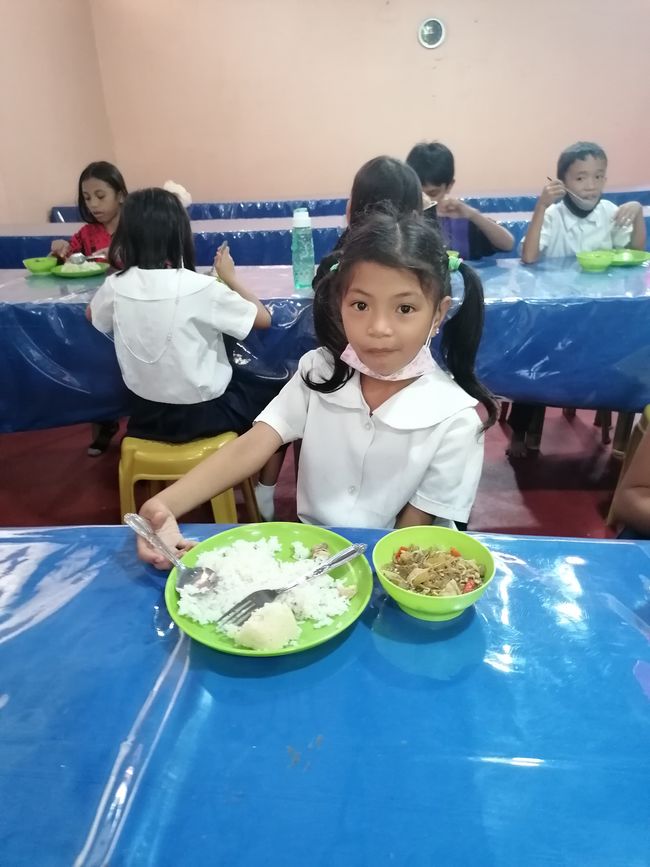
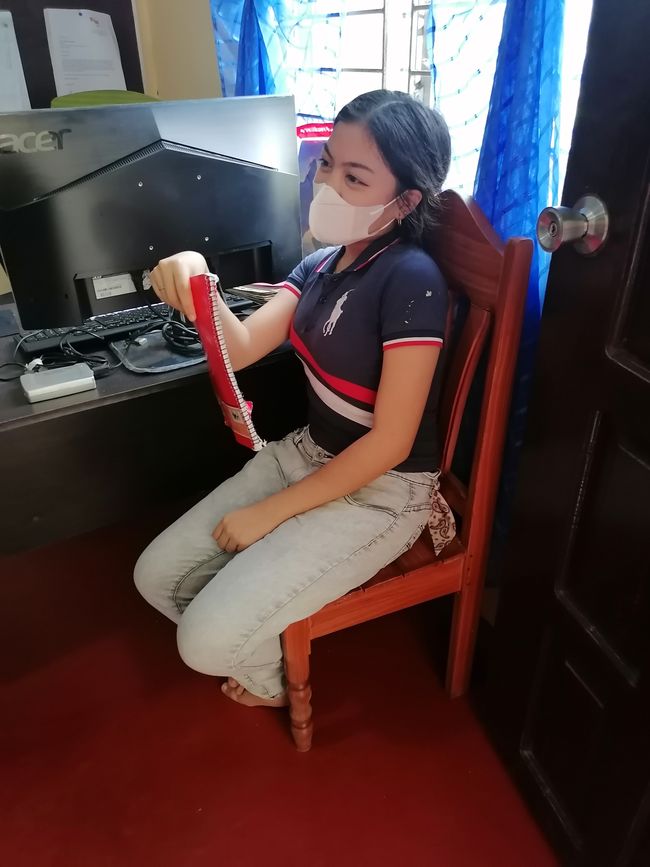
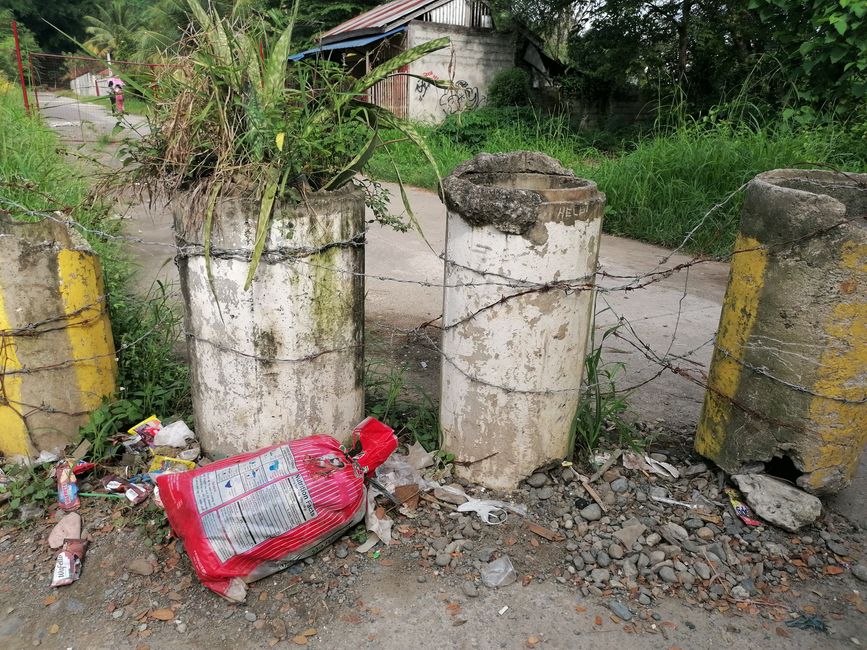
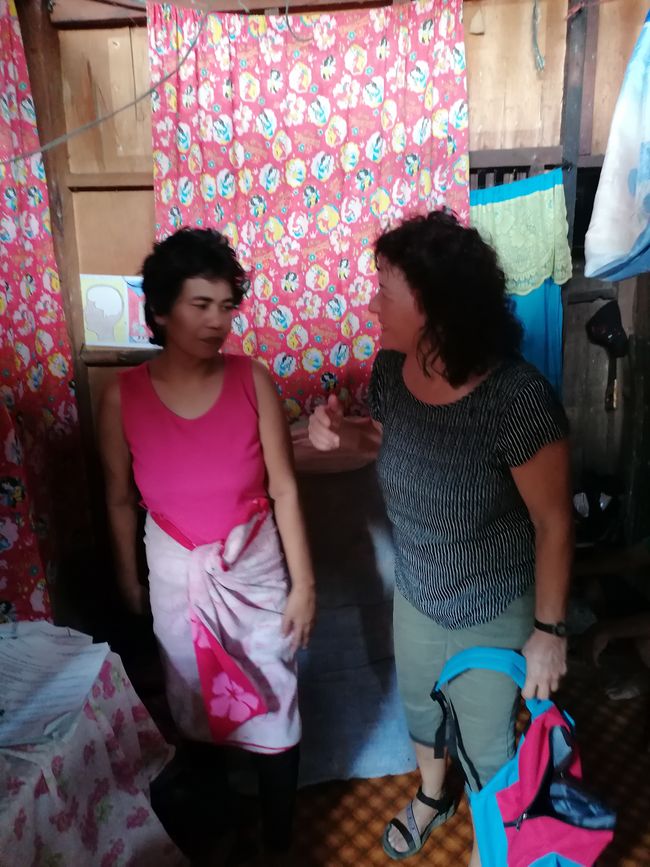
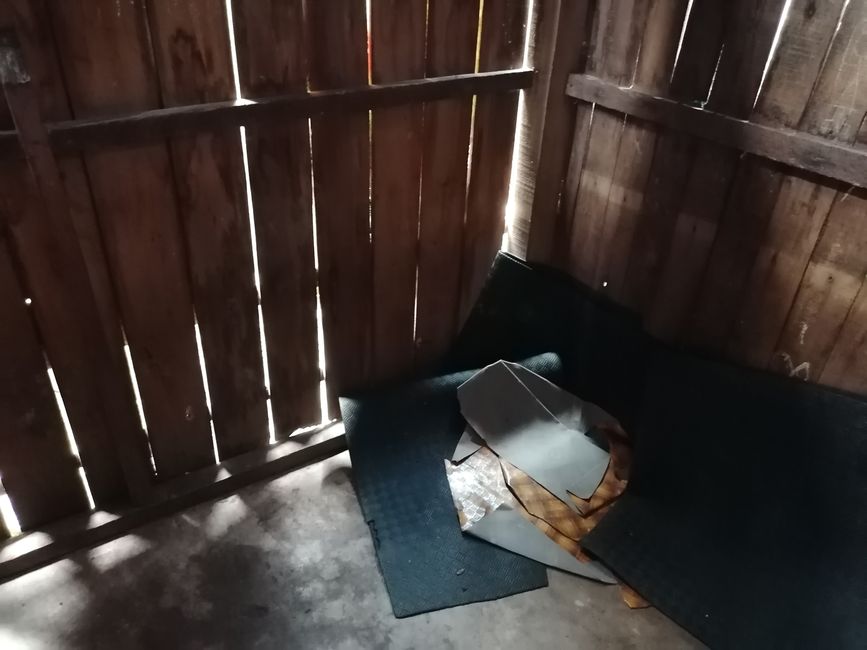
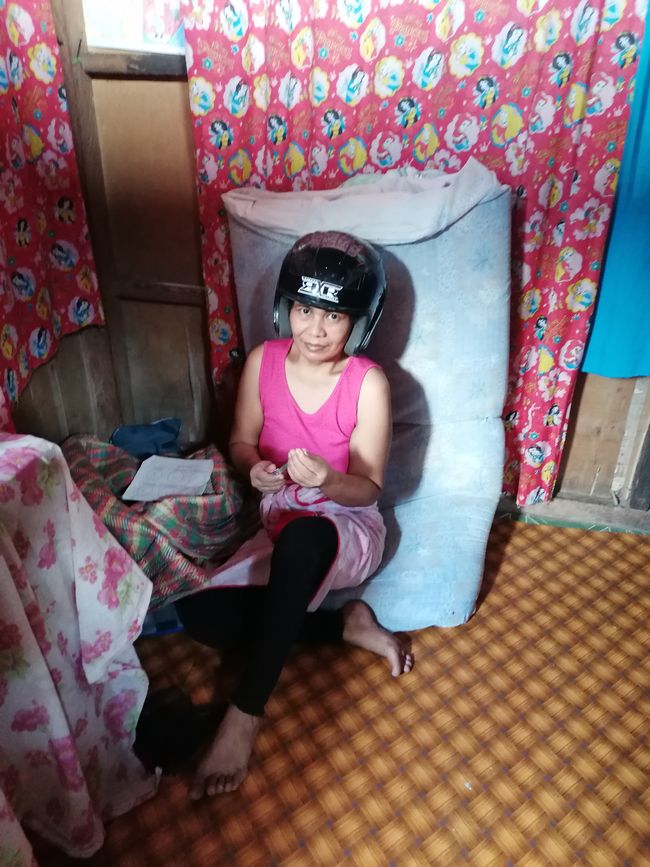
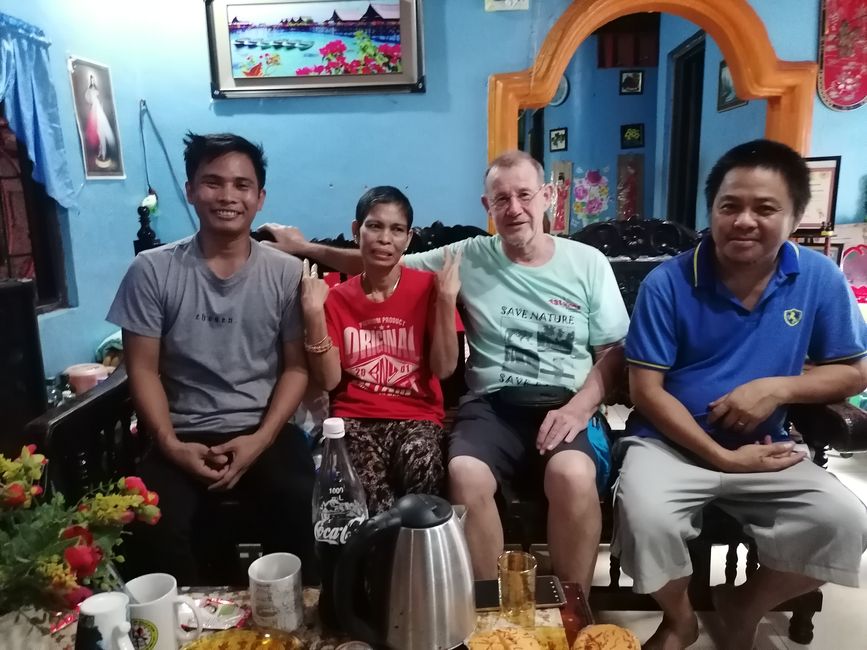
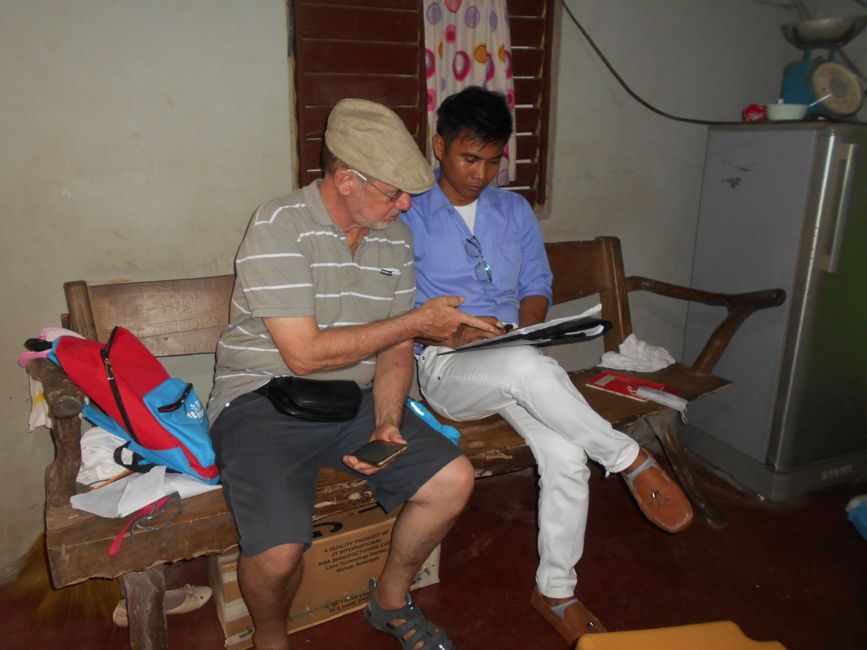
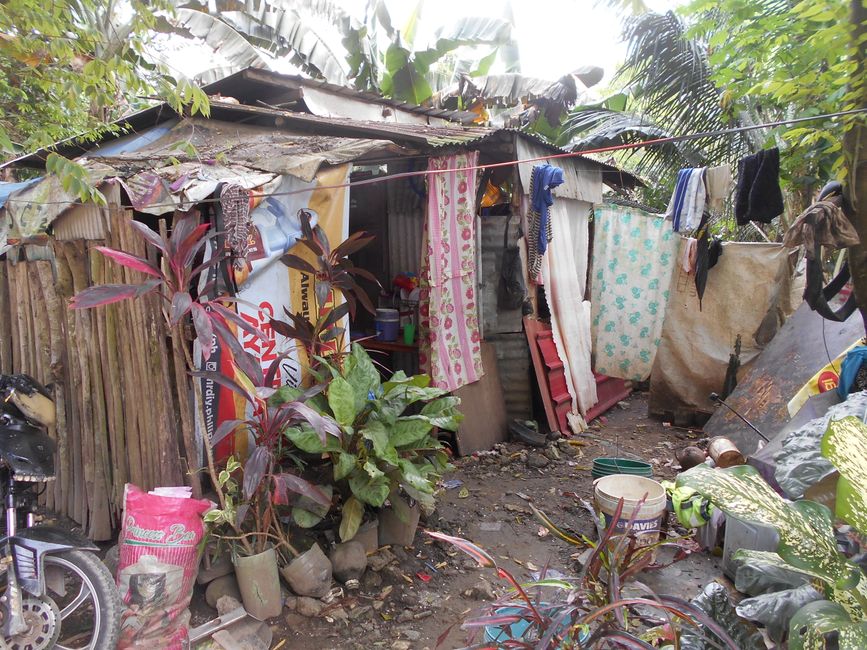
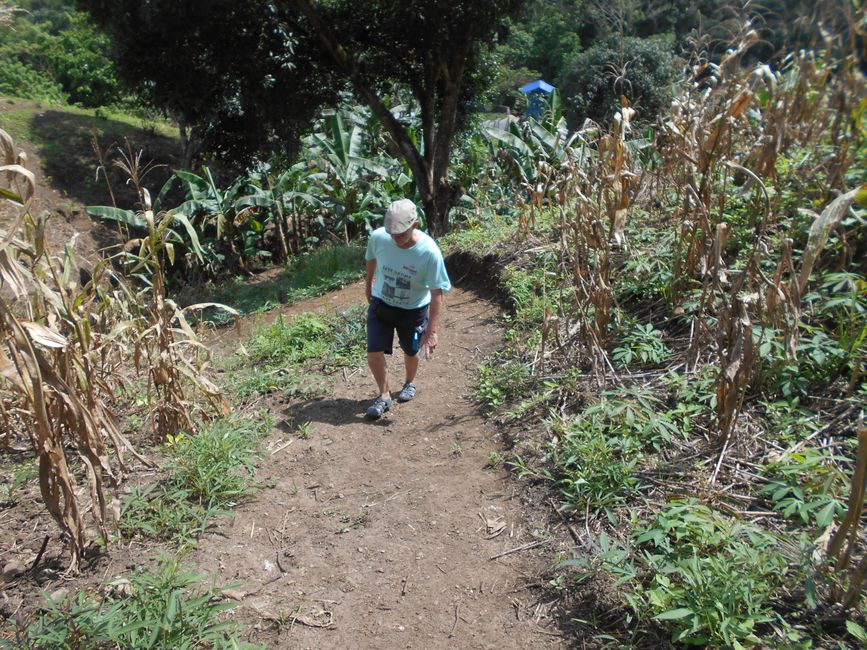
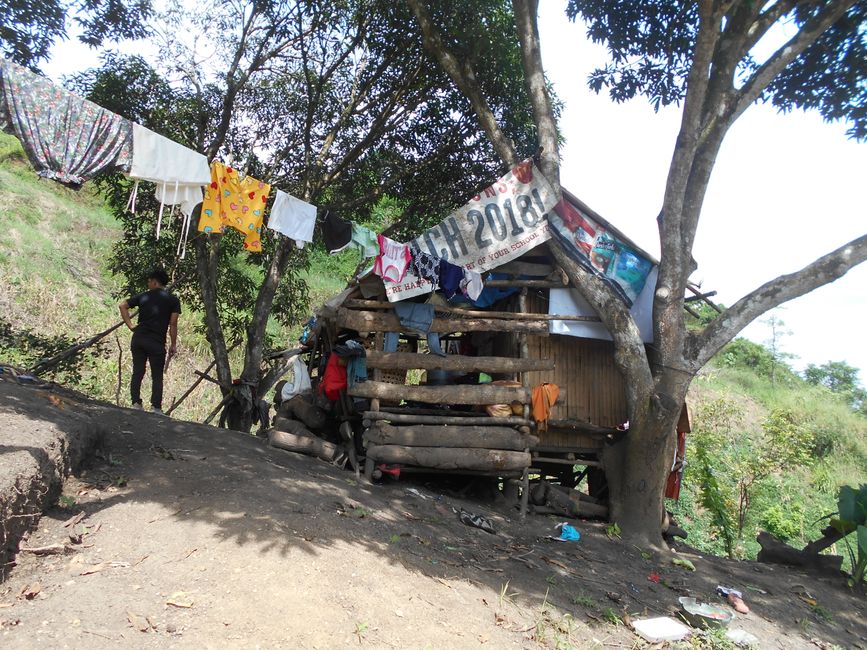
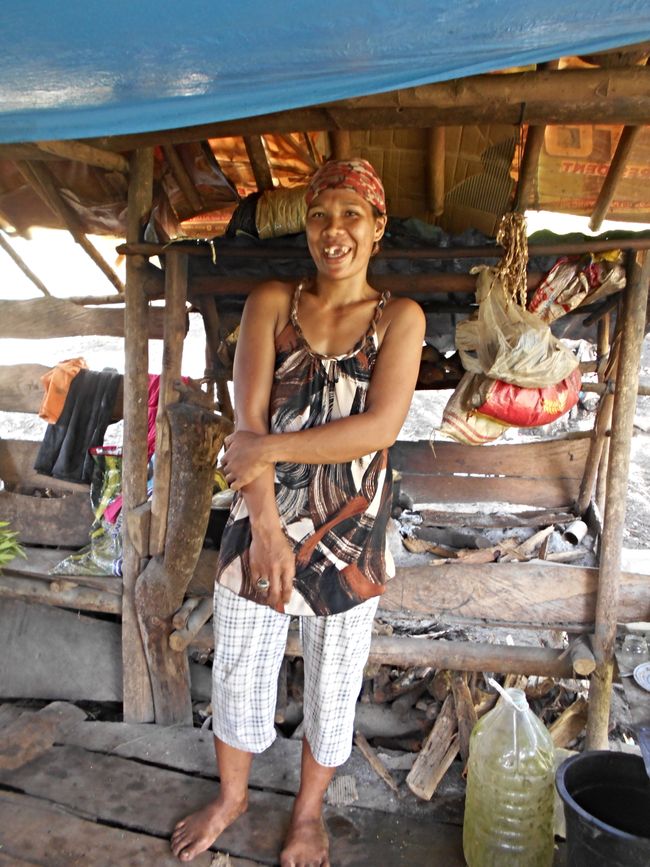
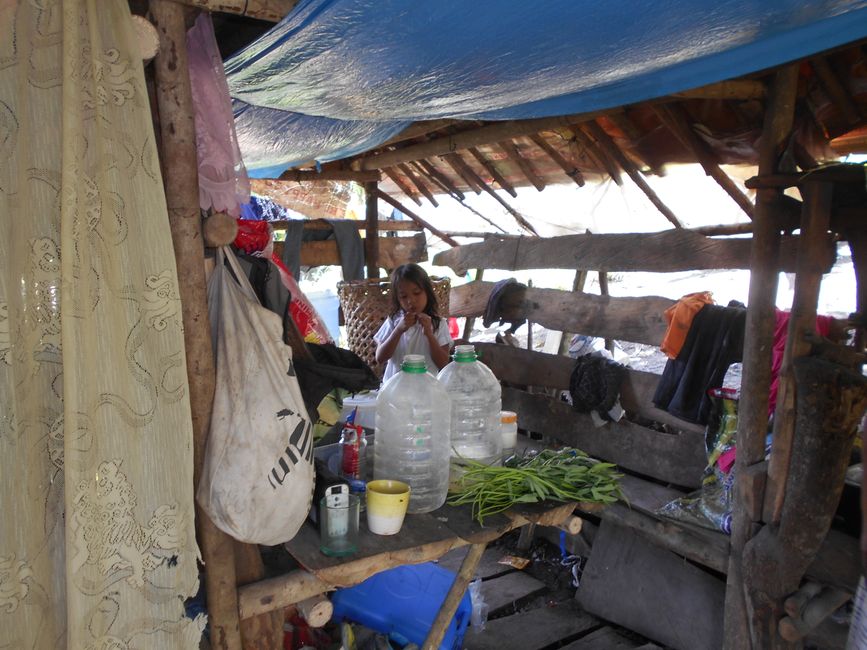
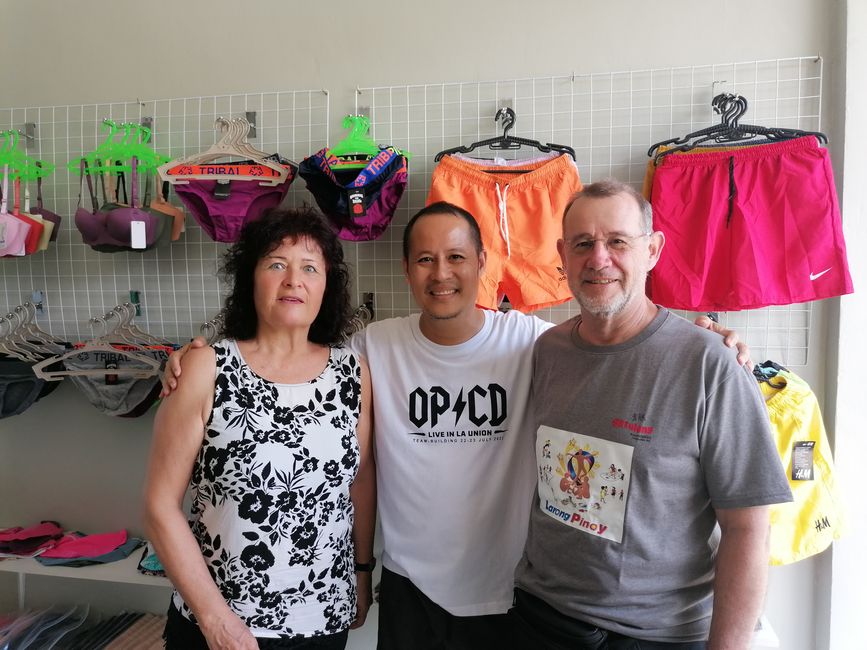
Abònman nan bilten
During the journey from Zurich to Cagayan de Oro, we often lose track of time - departure in the afternoon in Hombrechtikon, then a layover in Dubai at night, arrival in Manila in the afternoon, and in Cagayan de Oro at half past nine in the evening of the next day. And every now and then a meal on the plane, which is then labeled as breakfast, lunch or dinner. But everything works out and once again our age has its advantages! During the short transfer time in Manila, we can benefit from the short 'senior citizen' queues; in the Philippines, you are considered a senior citizen at the age of 60!
In the first week of work, we tackle a lot: Of course, one of the first things on our agenda is to visit Thata. Since she can no longer undergo chemotherapy (she is too light and too weak for it), she is now receiving hormonal medication. But she can now walk a few meters independently again and although she looks very thin, she looks better than during our last visit. There are also supply shortages of medication here, and because the main distributor no longer has the cancer medication in stock, she has to pay significantly more for the last dose, which can still be found. The next injection in March, however, should be in stock again.
The Batulong Center is located on the edge of a residential area, right at the beginning of the resettlement site. The homeowners' association has apparently decided to secure the residential area with gates and grilles due to many thefts. In principle, we think this is good (our dogs have already been poisoned by potential intruders), but now our access road, on which the children come for lunch, has been completely blocked with barbed wire. Our first visit to the property broker was unsuccessful, that is, he said that he had nothing to do with this decision. He was probably right, but he was very condescending and unfriendly and provocatively asked, 'Are the children who come to have lunch with you from the residential area?' I then said, 'Of course not, because they are poor children who need help'! The next visit was to the president of the homeowners' association and the first impression - friendly, warm, communicative - made up for the bad experience with the other gentleman. We had a great conversation and now a meeting with all those affected is planned, where we will discuss the costs for a better gate. In the future, the concrete blocks with barbed wire should disappear and a sturdy gate should be installed, which is open to pedestrians during the day.
As always, we make home visits to new Batulong families. Since our employees have already taken in many new Batulong children in January, there are not quite as many this time, but the houses are very scattered and some are on hills - climbing a steep footpath in 36 °C can be quite sweaty. The hut at the top is small and sparsely furnished, there is no electricity or water. They have a flashlight that can be charged with a small solar panel, that's all. No television, no mobile phone - nothing! The father was shot (allegedly by armed communist revolutionaries) and there is a shotgun pellet stuck in his head that cannot be removed but causes headaches. We will help where we can: the 4 children receive a daily lunch at Batulong and the mother is allowed to come for cooking whenever she wants (and then eat with us). We still have more solar panels at home and we hope to receive more phone donations for the fall.
At this point, a big thank you to all phone donors who have given us an old device - all phones have already been distributed! If anyone still has an old phone (no matter how old, it just needs to work, if possible with a charger), we would be very grateful. In the case of the family at the top of the hill, there was a change in the parents' information and another Batulong supporter nearby had to climb the hill to pass on the information. Communication with the Batulong families is very important and a mobile phone is almost indispensable for a family.
Batulong has been around for 15 years! and you can see this best in documents eaten away by termites. Actually, I just wanted to repair a cardboard box with the information papers about former Batulong students, but when I saw that everything had already been colonized by termites, we decided to keep only the most important files, sort out everything else and throw it away. The social worker, caretaker and I were busy for 2-3 hours sorting the papers. Five boxes of waste paper/cardboard are now waiting for disposal and next week the files will be stored in a plastic container. For me, many memories were associated with the personal sheets of former children and teenagers, and Cherry Mae even found her own personal sheet from the time when she was supported by Batulong as a student.
Sometimes we forget how time flies at Batulong too: one of our students comes to the office to pick up school supplies - a young woman who seems very familiar to us. She is in 9th grade and when she says her name, it clicks: she is little Bhea, who used to come to the office and ask in a sweet high voice, 'buy peanuts?' It's nice that after 7 years they are still Batulong 'children' and we hope that Bhea will stay with us for the next 7 years until she finishes college.
One of our big worries recently has been Marivic - some may remember her as the mother diagnosed with schizophrenia whom we found chained up in a room in 2014. She has 4 children, all of whom are supported by Batulong, and she lives with her parents. In recent years, her medication has been well 'adjusted' and Marivic led a fairly normal life. But since last fall, she has had relapses (it is suspected that she hid and then disposed of her medication under her tongue) and all attempts to stabilize her condition have failed. Ideally, she would have another stay at the 'house of hope', a facility run by nuns, to accompany her and adjust her medication, but there is no waiting list anymore because the institution is already overcrowded. The parents (between 50 and 60 years old) seem overwhelmed or unmotivated to provide their sick daughter with a dignified life. Our social worker, who is now handling the case, was told that Marivic will only be locked up if no one is at home so that she does not run away. Unfortunately, our check visit did not confirm this statement: the whole family was at home, but Marivic was locked up in her approximately 4m2 small windowless cell. We believe that Marivic is normal intelligent, but her behavior is still uncontrollable and unfortunately, she often has aggressive outbursts towards her family. When we want to take a photo with her, she first goes to a piece of paper lying on a table (her daughter's homework) and scribbles on it, then she puts on a motorcycle helmet and is ready for a photo. Later we find out that she ran away from home and the daughter had to look for her mother.
Two weeks ago, Marivic had a check-up with the psychiatrist and she also received an injection (because she was becoming increasingly aggressive). Unfortunately, we are also at our wit's end, but we want to improve the woman's situation. One idea is to improve Marivic's life by making structural changes (a nicer room with a window (with bars), table, bed, and things for entertainment (pens, paper, possibly a mobile phone)). This requires a meeting with the parents - we hope that we will be successful with this. Another idea would be to find a caregiver who picks up Marivic at home at lunchtime and takes her to the Batulong center for lunch and social contacts and then brings her back. The prerequisite is that Marivic is not aggressive - otherwise, the 'outing' will have to be canceled again.
How lucky we are in Switzerland to have institutions that support us with mental problems. The situation in the Philippines may be comparable to ours 100 years ago.
Our team is currently bringing us a lot of joy: Keno has done great as a manager and working with him is uncomplicated and productive. He is a stroke of luck for us! Cherry Mae's child had to be taken to the hospital with a high fever last week, but is fine again now. So we haven't seen her until Friday, but we are happy that she still wants to work with us and we hope she stays with us for a long time.
On Saturday, we will meet with Raymond: 15 years ago, he worked as an attaché at the Philippine embassy in Switzerland and because the visa stickers were delayed at the time, we only received the visa on the day of our flight! There were phone conversations with him beforehand and we learned that he would soon be traveling back to Cagayan de Oro, where we later met him for the first time. He comes from the same place as Thata and went to school with her sister. His work has taken him to Nigeria and Mexico in the meantime, but now, after about 14 years, we were able to meet him again!
Abònman nan bilten
Repons

Rapò vwayaj Filipin

